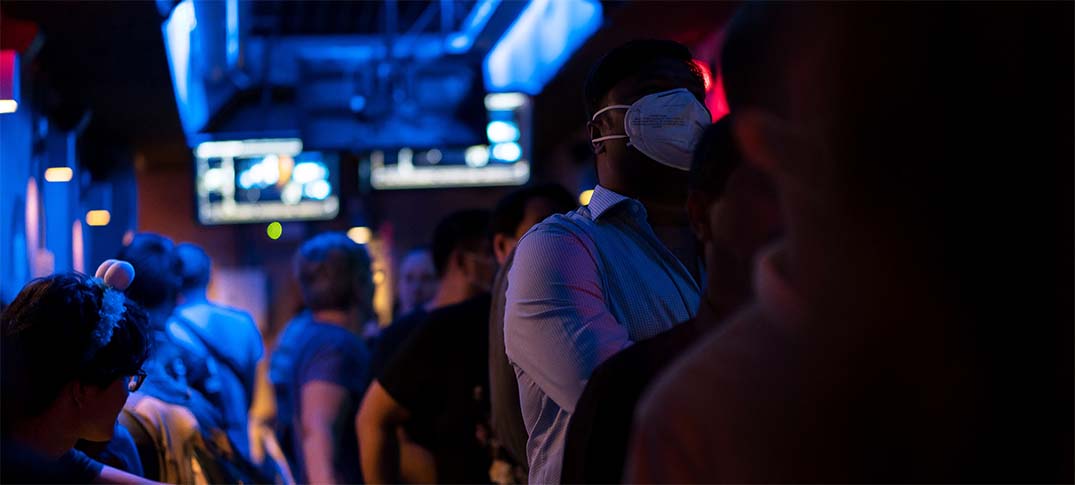South Africans think government could have done better in its response to the Covid-19 pandemic.
In a survey conducted last week, just over 1 204 respondents described how they perceived the government’s response to the pandemic and the effects of the state of lockdown on their livelihoods.
Gig technology company M4Jam engaged its member base (known as jobbers) to find out how they were dealing with the upheaval.
The majority of respondents (85%) thought the government’s response to the novel coronavirus threat needed improvement.
While 51% thought the government response was either “great” or good, overall survey results showed that 17% of respondents said their greatest fears were getting infected, that their family members would get infected (16%), that medicines for treatment would not be available (16%) and that there would be a shortage of supplies in South Africa (14%).
Other fears included that the virus would prove difficult to control (15%), that a cure would not be found (11%) and that children would not be able to go to school (12%).
In sourcing information about the Covid-19 spread and effects, 79% of respondents followed television updates, 73% also caught up on information from social networks, 69% searched the internet for information and 55% listened for radio updates. But not all sources are equally trusted.
Television was by far the most trusted source of information (73%), with radio (50%), the Ministry of Health (46%) and the Internet (36%) leading the way.
M4Jam CEO Georgie Midgley says 96% of respondents believe Covid-19 and the lockdown will have a negative financial impact on them and their families.
“Ninety-four percent of respondents said the coronavirus threatened their jobs or businesses, but 95% supported the lockdown measure the government had taken and 87% believe it will work in slowing the spread of the virus,” says Midgley.
“In response, 66% of those who took the survey said they were reducing their spending to deal with future uncertainty. Opinion on how long the pandemic would last was much more divided, with 55% believing it will be over soon,” he adds.

